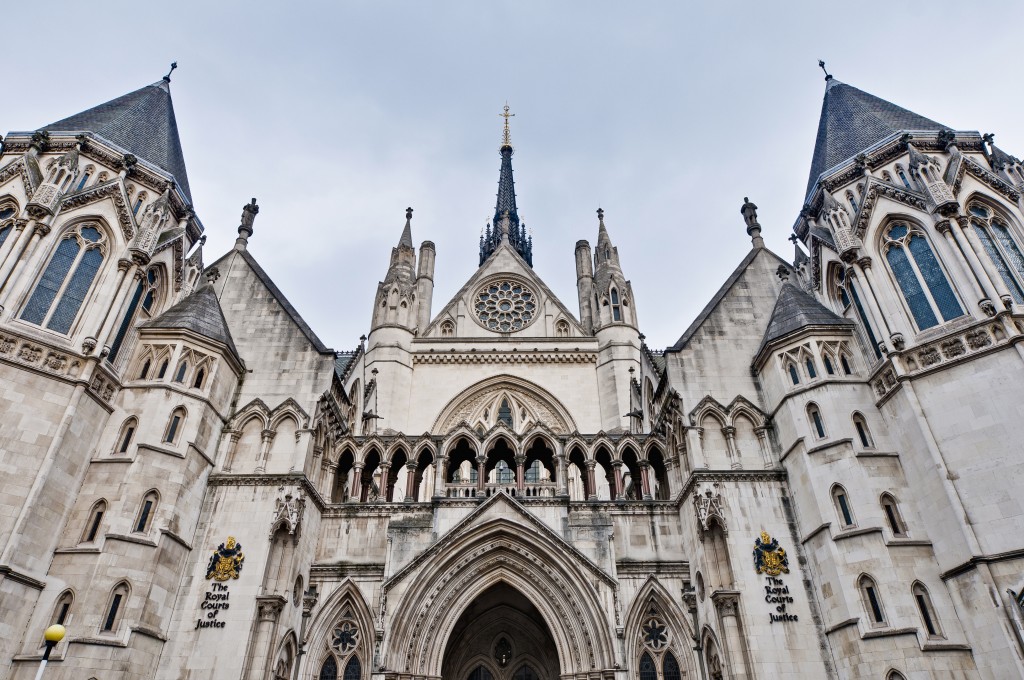Appeal or dispute against a sentence or conviction
1. Magistrates’ court verdict
You can appeal against your conviction, sentence or both if you pleaded not guilty at your trial.If you pleaded guilty, you can only appeal against your sentence.
When to appeal
You must appeal within 21 days of the date you were sentenced.
If you do not, you’ll have to ask the Crown Court for permission before you can appeal. The magistrates’ court where you had your trial will tell you how to do this.
Talk to your legal representative (if you have one) or get help from a legal adviser before you appeal.
How to appeal
How you appeal will depend on whether you went to your trial.
If you went to your trial
Download and fill in the ‘Appeal to the Crown Court’ form that relates to your crime or sentence. Send the form by post or email. The address is on the form.If you were convicted at a magistrates’ court but sentenced at a Crown Court, follow the rules for appealing a Crown Court verdict.
If you did not go to your trial
Contact the magistrates’ court that passed the sentence or convicted you. You might not have attended your trial if you:
- did not realise you’d been convicted of an offence, for example a speeding fine
- were unable to enter a plea or mitigation at the time
They’ll let you know if the case can be reopened.
The court hearing
The court will make a decision on your appeal at a hearing. You’ll get a letter from the court to let you know when and where the hearing will take place. The hearing is usually held at your nearest Crown Court.
What happens at the hearing
You’ll have the chance to present your case to the judge and magistrates. Representatives from the prosecution will present the case against you. The judge might also ask you questions during the hearing.You’ll be told whether you’ve won your appeal at the hearing. You’ll also be sent a copy of the judge’s decision by post.
Stopping your appeal
You can apply to stop your appeal before the hearing. Your appeal cannot be restarted once it’s been stopped. Send a ‘notice of abandonment of appeal’ to the magistrates’ court where you had your trial and the Crown Court where your hearing will take place. You must also send a copy to any other parties involved in the case, for example a prosecutor.
If you win your appeal
If you win your appeal against your conviction, your sentence will no longer apply. Your sentence will be reduced if you win your appeal against it. The court might decide you can get some of your legal costs paid back, for example your solicitor’s fee.
If you lose your appeal
Your original sentence or conviction might change. Check with your legal adviser if you can appeal again. You might have to pay extra costs if you do.
2. Crown Court verdict
You can appeal against your conviction, sentence or both.
Ask for permission to appeal
You must first apply for permission to appeal. A judge will look at your application and decide whether to give you permission. Talk to your legal representative (if you have one) or get help from a legal adviser before you apply. You must apply within 28 days of either:
- the date you were convicted (even if you were sentenced at a later date) if you’re appealing against your conviction
- the date you were sentenced if you’re appealing against your sentence
If you apply later you’ll need to explain why you could not send your application in on time. Court will then make a decision whether your application for extension of time is accepted.
If you get permission to appeal
Your appeal will be heard by the Court of Appeal Criminal Division. You’ll get a letter before the hearing to let you know when and where it’ll take place. Your legal representative (for example, your barrister) will present your case to the judges. If you’re appealing a conviction, representatives from the prosecution will present the case against you.
If you do not get permission to appeal
You’ll get a letter to let you know you have not been given permission. It’ll explain how the judge made their decision. You have the right to renew your application and ask a ‘full court’ of 2 or 3 judges to give you permission. The letter will tell you how to do this. There are however risks in renewing the refused application. As such it is important to seek legal advice before renewing your application to the full court.
If you win your appeal
Your conviction may be overturned or your sentence may be reduced (or both).
If you lose your appeal
Your original sentence or conviction will not change but you might have to:
- restart your sentence from the beginning
- pay the court costs
Stopping your appeal
You can apply to stop your appeal at any time. To do this, you must download and fill in a ‘notice of abandonment of appeal’ form.
Send your completed form to the Criminal Appeal Office. You usually cannot restart your appeal once it’s been stopped.
For more information on our services, please call 0207 709 0707 to speak to an adviser. Shafiul Azam is a Bengali speaking solicitor. He works closely with the Bangladeshi community across London, and is happy to represent Bengali-speaking clients whose first language is not English.






